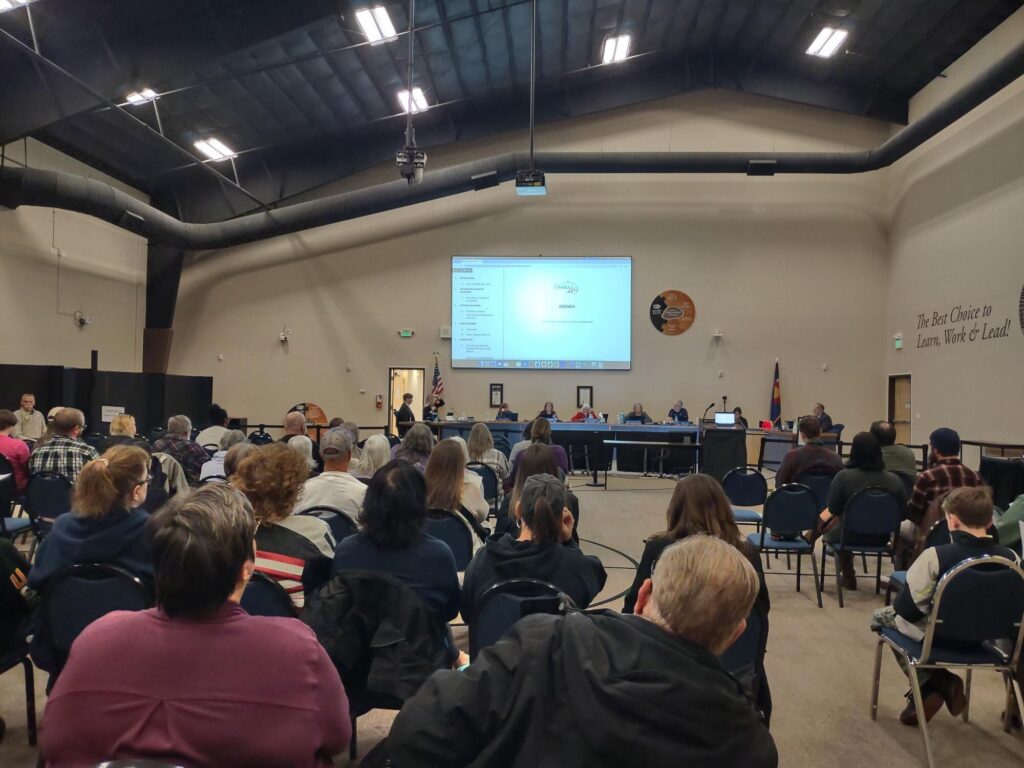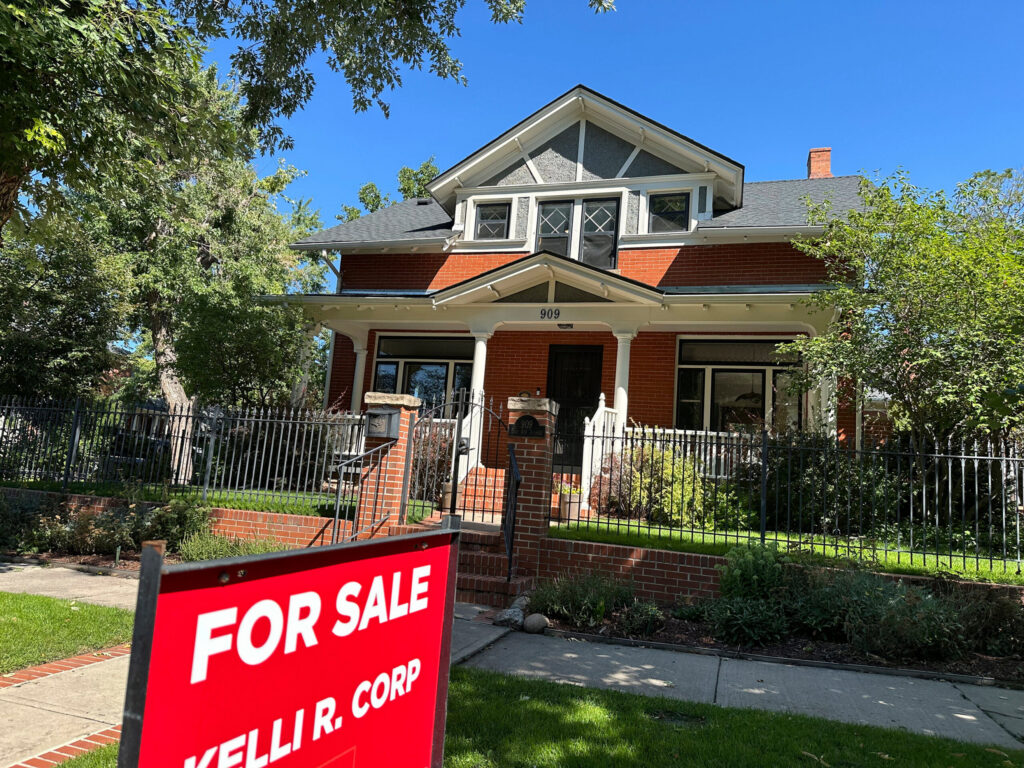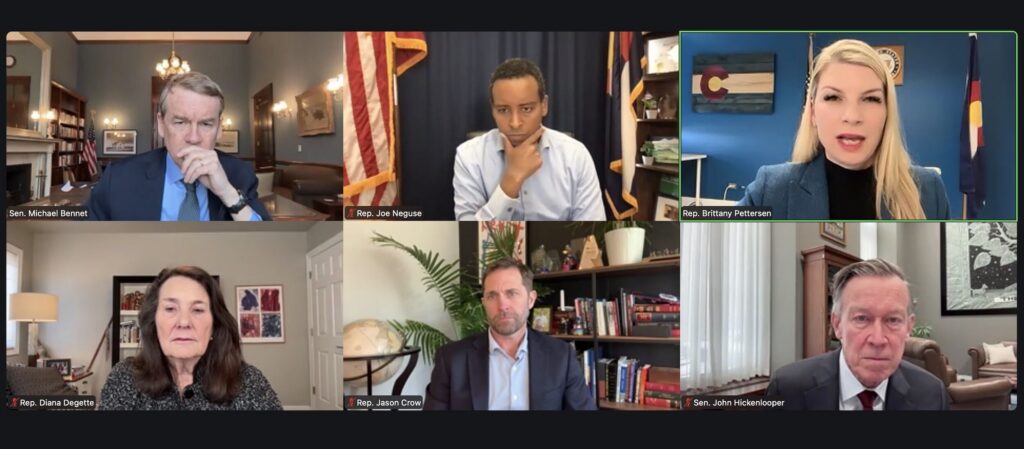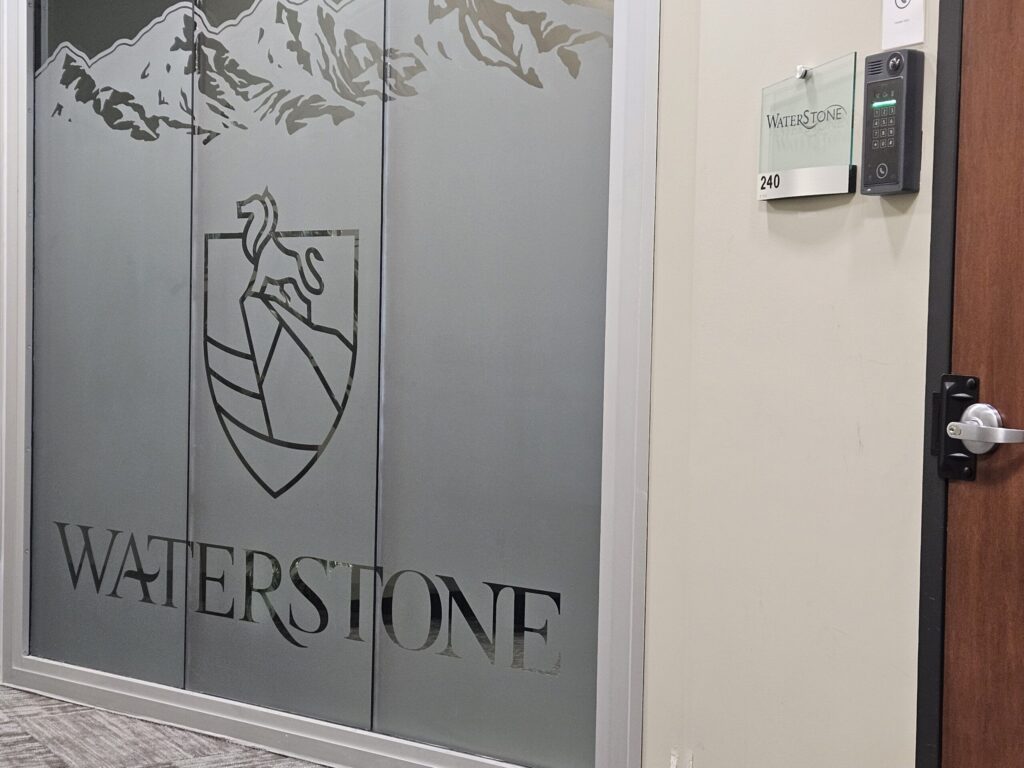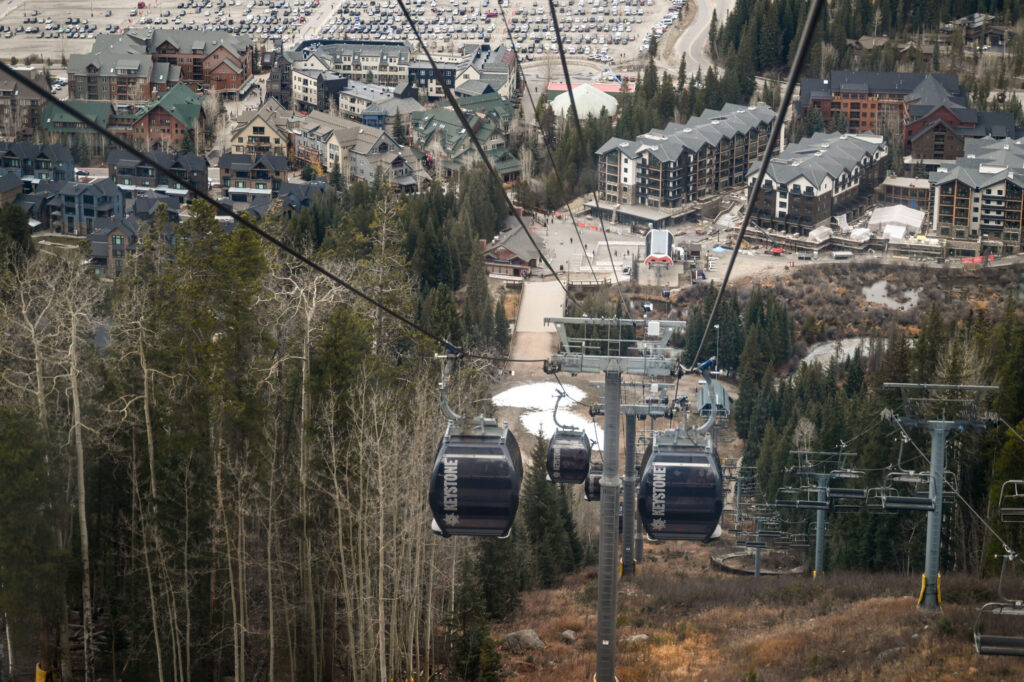CU Study: 2020 police pull-back led to more crime

Police pull-back in response to law enforcement reform measures in Colorado’s metro areas led to more instances of violence and property crimes, according to a University of Colorado Boulder study. Still, researchers stressed that more policing is not necessarily the answer.
“It’s an interesting time. The pendulum swung pretty far in 2020 and 2021, but now, in general people want better policing as opposed to more policing,” said study co-author David Pyrooz, a CU Boulder criminologist with the Sociology department.
Pyrooz and other social scientists followed 78 Denver neighborhoods and found that after police scaled back their presence directly following the George Floyd murder and the COVID-19 pandemic, on average, property and violent crime reports increased 27.1% and 14.3% respectively in the city and county of Denver.
Results of the research showed that the 2020 numbers varied according to neighborhood.
For instance, in 2020, violent crime increased in 55 neighborhoods with Central Park seeing the largest increase. Violent crime actually decreased in 23 Denver neighborhoods.
Property crime also increased exponentially during 2020, with Denver seeing a rise in 70 neighborhoods with Five Points experiencing the largest spike. Eight neighborhoods saw property crime decrease, with Auraria experiencing less than the others.
Authors of the study were surprised that the more upscale Denver neighborhoods saw the biggest crime increase.
“We actually found that police pullback was associated with greater increases in crime in more middle-to-upper class communities,” said Pyrooz.
The authors of the study also noted that those results could be skewed by the fact that “affluent neighborhoods had lower levels of crime to begin with, so any spike would appear larger.”
Study authors added that: “Additionally, neighborhoods with higher crime have higher levels of policing to begin with, so larger scale pullback is necessary before policing effects are detectable.”
For the study, researchers considered violent crime to be homicide, robbery and aggravated assault.
Study co-author Justin Nix, with School of Criminology and Criminal Justice at the University of Nebraska-Omaha, said that the findings were important to the assessment of policing in the 21st century.
“That is, our study suggests a certain baseline amount of policing is necessary to ensure public safety, but at the same time, less policing doesn’t always equate to more crime,” said Nix.
The study found that Denver police cut their responses in half in 2020 compared with their presence from the years 2016-2019.
“After Floyd the number of stops and low-level arrests tanked. It was a huge shift in policing,” Pyrooz said.
Jay Hirokawa, who runs a consulting company called A Thin Blue Line, was Police Chief in Hudson, Colorado in 2020. He remembers how bizarre that year was for law enforcement.
“The police during COVID reduced active patrol, police contacts went way down to include traffic enforcement almost to the point of lawlessness,” said Hirokawa. “We turned into the old Wild West, and to some degree, we are still at that stage. Instead of cattle rustling we have motor vehicle theft, and the infamous COVID crime of the catalytic converter thefts.”
Hirokawa added that as policing tactics and social norms change, police are often caught in the middle.
“I think a lot of police are hindered by fear right now. They worry that if they pull back, they may get in trouble for it,” he said. “On the other hand, if I stop 20 cars and get two complaints will that instigate an internal affairs investigation?”
Hirokawa said that more than one IA complaint can be a blight on an officer’s record, whereas a generation ago, complaints proved to superiors that police were doing their jobs.
Pyrooz agreed that “when cops are scared or fearful it can lead to less policing. And that can lead to reactive policing.”
He explained that this is when officers don’t take the initiative to pursue the more discretionary activities which cause suspicion like an expired license plate. Often these kinds of discrepancies can lead law enforcement to bigger crimes, like a stolen car, he said.
These painful growing periods, Hirokawa said, will adjust for law enforcement just as they have throughout the last century.
“What we ultimately learn each time is that we need the police to keep society in check. There will be more studies, but the police will survive,” Hirokawa said. “We will incorporate new tactics and procedures, reinvent community policing, but little changes in law enforcement. We police society and bad guys at some point will go to jail.”



